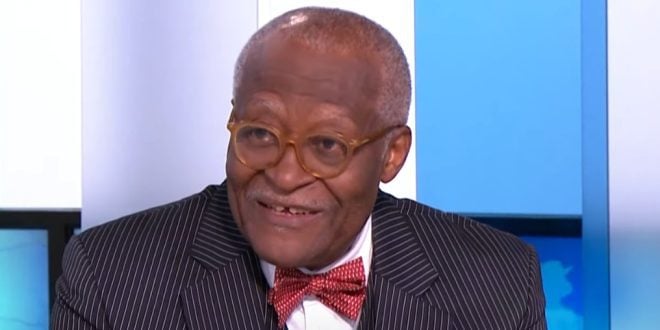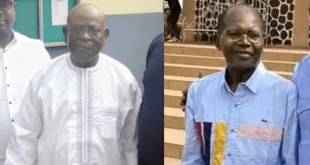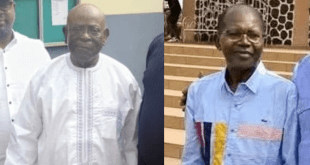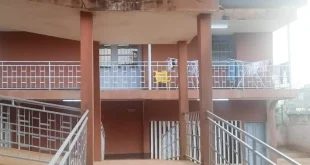CameroonOnline.ORG | In the lead-up to Cameroon’s presidential election scheduled for October 12, opposition candidate Akere Muna has sparked national debate by formally contesting the eligibility of long-standing president Paul Biya.
On August 19, Muna submitted a petition to the Constitutional Council, calling on the body to declare President Biya ineligible. At 92 years old, Biya has been in power for over 43 years and is now running for an eighth term as the candidate of the ruling Cameroon People’s Democratic Movement (RDPC).
Muna’s challenge is based on Article 118 of the electoral code, which disqualifies individuals who have placed themselves in a state of dependency on another person, organization, or foreign power. According to Muna, Biya’s advanced age and health concerns render him dependent, making him unfit to govern.
“He Reigns but Does Not Govern”
In his statement, Muna expressed frustration that the most critical issue—Biya’s capacity to govern—has not been openly debated.
“It is disheartening that the only point missing from the debate is the most important one. Does President Biya still have the full capacity required to be a candidate?”
He pointed to multiple signs of presidential disengagement:
-
Biya has not presided over the High Council of the Judiciary for six years, delegating responsibilities to four different ministers.
-
The president has rarely been seen in public, even during major international visits.
-
Despite being head of state, he has reportedly not taken a vacation in over a decade.
Muna concluded:
“Paul Biya reigns, but does not govern. At 92 years old, invisible to the public, is he truly able to lead for another mandate? I hope the Constitutional Council will think of the nation. If not, history will remember that there was an opportunity to resolve this issue.”
The Ruling Party’s Response
The RDPC, meanwhile, is preparing to defend its candidate. Speaking to RFI, Grégoire Owona, deputy secretary-general of the party, confirmed that the RDPC is working on its official response to Muna’s legal challenge before the Constitutional Council.
What This Means for Cameroon
While Muna himself acknowledges that the Council is unlikely to rule in his favor, his move has already succeeded in shifting public attention to the question of leadership capacity. At a time when Cameroon faces political, economic, and security challenges, the debate over whether a nonagenarian president can still effectively govern is one that resonates far beyond the legal framework.
The coming weeks will reveal whether the Constitutional Council prioritizes strict legal interpretation or broader national interest. But regardless of its decision, Akere Muna’s challenge has already forced Cameroonians to confront a question that has lingered in the background for years: Can Paul Biya still lead the nation, or is he merely holding on to power?
 CameroonOnline.org Cameroon news, Actualité Camerounaise, live Web TV & Radio, World News and a lot more
CameroonOnline.org Cameroon news, Actualité Camerounaise, live Web TV & Radio, World News and a lot more





Considering the constitutional council has approved muna’s petition doesn’t mean that mr Atangana is gonna give a fair hearing to it.
Considering the fact that the constitutional council has made some wonderful decisions in the past that triggered people to start asking questions am not sure this case is even going to be listened to because there is no transpirency in this country as is only the old and people from yaounde who hold major post’s of the country.
Muna you are just wasting your time bringing a petition to someone can barely speak.